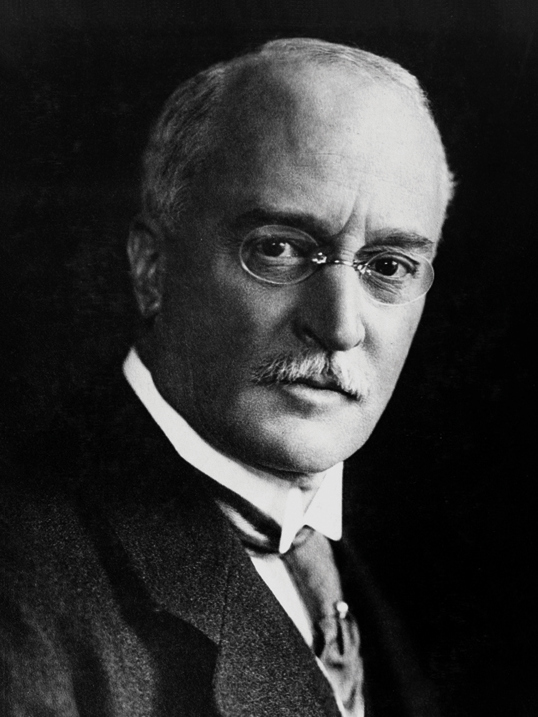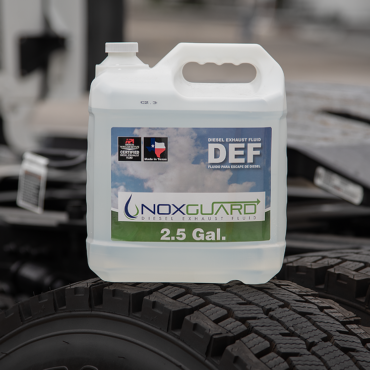This month, that is about to end, we celebrate the birth of one of the most astonishing invention, made possible by the intelligence, passion, science instinct and persistence of one man: Rudolf Diesel.
Happy birthday, Rudolf Diesel! Your invention of the diesel engine has changed the world as we know it, and your legacy lives on today. Not only did you create a more efficient and powerful engine, but you also paved the way for biodiesel, a renewable fuel that’s helping to reduce our carbon footprint. Thanks to you, we can transport goods and people across the world with greater ease and efficiency. So let’s celebrate the life and achievements of this incredible scientist, inventor, and human being, whose technology continues to shape our world for the better.
The Idea
Diesel engine is a type of internal combustion engine that works by compressing air in the engine’s cylinders, which raises the air’s temperature. Then, diesel fuel is injected into the hot, compressed air, causing it to ignite and burn rapidly, creating a powerful explosion that drives the piston and turns the engine’s crankshaft. This process is known as the diesel cycle. Diesel engines are known for their efficiency, durability, and high torque output, making them ideal for a variety of applications
The Man:
Rudolf Diesel was a German inventor and mechanical engineer, born on March 18, 1858, in Paris, France, to German parents. He studied engineering in Munich and graduated with honors in 1880. Diesel went on to work for several engineering firms and eventually established his own consulting company in 1890.
It was during his time working as a thermal engineer that Diesel began developing the engine that would bear his name. In 1892, he patented the diesel engine, which was designed to be more efficient than the steam engines of the time. Diesel continued to work on the development of his engine and filed several more patents related to it in the years that followed. He considered himself a social philosopher, although his book Solidarismus, where he describes his vision for the company.
Unfortunately, Diesel’s later years were marked by financial struggles and personal tragedy. In 1913, he boarded a ship bound for England, intending to meet with British officials about the use of his engine in submarines. However, he never arrived, and his body was later found floating in the English Channel. The circumstances of his death are still debated today, but it is believed that he may have taken his own life due to his financial difficulties and other personal problems.
Despite the tragic end to his life, Diesel’s legacy lives on today. His engine revolutionized the transportation industry and is still used in a wide variety of vehicles and machinery around the world. The use of biodiesel and other renewable fuels has also helped to further the environmental benefits of Diesel’s invention.
The Enterprise
Diesel’s company was initially named “The Diesel Motor Company” when it was established in Berlin in 1893. However, the name of the company was later changed to “Rudolf Diesel’s Company for the Production of Machinery and Electrical Equipment” when the company moved to London in 1898. The company was also known as “Diesel Engine Works” or simply “Diesel Works” in some instances. This company was focused on the development and promotion of his diesel engine.
Diesel’s company provided engineering and technical consulting services to clients interested in using his diesel engine in their own products. The company also manufactured and sold diesel engines and related equipment, including pumps, generators, and compressors.
Diesel’s enterprise faced financial difficulties in the years leading up to his death in 1913, and the company eventually went bankrupt in 1914. However, the diesel engine continued to gain popularity and was eventually manufactured by a number of different companies around the world.
Environment And Diesel: The Man, The Engine & The Fuel
It is difficult to say with certainty what Rudolf Diesel would think about the environmental impact of diesel fuel and his invention today. However, given that Diesel was an engineer who was interested in creating a more efficient and sustainable alternative to existing technologies, it is likely that he would be concerned about the negative environmental effects of diesel fuel. It is likely that Diesel would have continued to work on developing more sustainable and efficient alternatives to existing technologies, and may have been at the forefront of efforts to mitigate the environmental impact of diesel fuel.
That is why Noxguard is here to stay. Diesel fuel is a petroleum-based fuel that is commonly used in diesel engines. It is made up of hydrocarbon molecules and is similar to gasoline in many ways, except that it has a higher energy density and is less volatile. Diesel fuel is typically stored in fuel tanks on vehicles and is injected into the engine’s cylinders, where it is ignited and burned to produce power.
Diesel Exhaust Fluid (DEF), on the other hand, is a solution made up of urea and deionized water. It is used in diesel engines with selective catalytic reduction (SCR) technology to reduce the amount of harmful nitrogen oxide (NOx) emissions produced by the engine. The DEF is stored in a separate tank on the vehicle and is injected into the exhaust system, where it reacts with the NOx emissions to convert them into harmless nitrogen and water vapor.
Perhaps Rudolf would be surprised and excited to know that his invention would see a very promising future moving people and goods all over the world and at the very same time, taking care of the global environment.
So, happy birthday again Rudolf!




Leave a Reply: